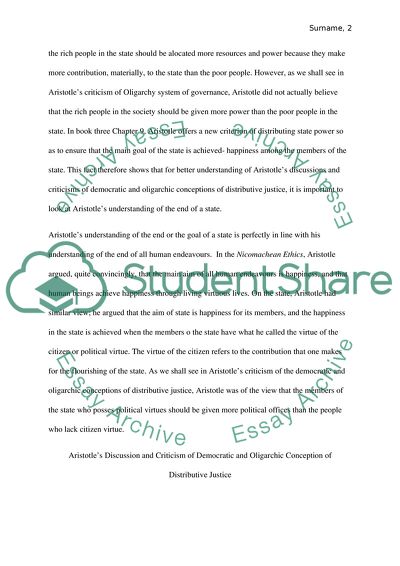Cite this document
(Aristotles Book 3 Chapter 9 of the Politics Report/Review Example | Topics and Well Written Essays - 1500 words, n.d.)
Aristotles Book 3 Chapter 9 of the Politics Report/Review Example | Topics and Well Written Essays - 1500 words. https://studentshare.org/politics/1812768-aristotles-book-3-chapter-9-of-the-politics
Aristotles Book 3 Chapter 9 of the Politics Report/Review Example | Topics and Well Written Essays - 1500 words. https://studentshare.org/politics/1812768-aristotles-book-3-chapter-9-of-the-politics
(Aristotles Book 3 Chapter 9 of the Politics Report/Review Example | Topics and Well Written Essays - 1500 Words)
Aristotles Book 3 Chapter 9 of the Politics Report/Review Example | Topics and Well Written Essays - 1500 Words. https://studentshare.org/politics/1812768-aristotles-book-3-chapter-9-of-the-politics.
Aristotles Book 3 Chapter 9 of the Politics Report/Review Example | Topics and Well Written Essays - 1500 Words. https://studentshare.org/politics/1812768-aristotles-book-3-chapter-9-of-the-politics.
“Aristotles Book 3 Chapter 9 of the Politics Report/Review Example | Topics and Well Written Essays - 1500 Words”. https://studentshare.org/politics/1812768-aristotles-book-3-chapter-9-of-the-politics.


